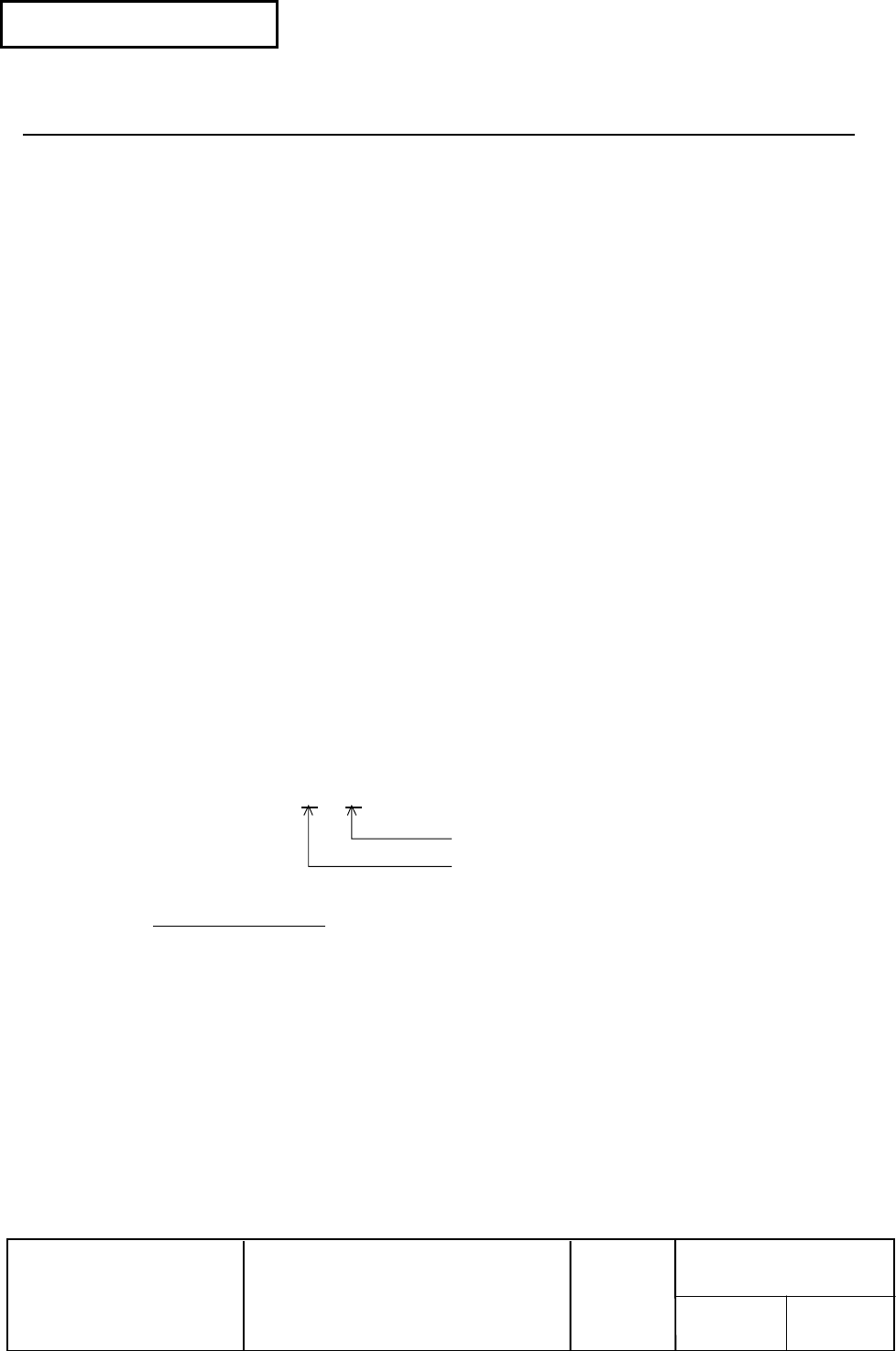
Confidential
EPSON
TITLE
SHEET
REVISION
NO.
SHEETNEXT
L
TM-U210 series
Specification
(STANDARD)
App.9 App.8
APPENDIX D: NOTES ON USING THE DRAWER KICK-OUT CONNECTOR
1) Drawer specifications (see Section 2.2.3, Drawer kick-out connector)
Drawer specifications differ significantly depending on manufacturer and model number.
Make sure that the specifications of the drawer used meet the following conditions when
connected to the drawer kick-out connector. These conditions also apply to any equipment
(other than a drawer) that is connected to the drawer kick-out connector.
Never use a drawer (or other equipment) that does not meet all of the following conditions:
• The load, such as a drawer kick-out solenoid, must be connected between pins 4 and
2 or pins 4 and 5 of the drawer kick-out connector. (*1)
• When the drawer open/close signal (indicating the state of the drawer) is used, a
switch must be provided between drawer kick-out connector pins 3 and 6. (*2)
• The resistance of the load, such as a drawer kick-out solenoid, must be 24 Ω or more
or the input current must be 1A or less. (*3)
• Be sure to use the 24 V power output on drawer kick-out connector pin 4 for driving the
equipment. Never connect any other power supply to the drawer kick-out connector.
(*4) The peak current is 1 A. See item 2) below for drive signal duty.
NOTES : (*1): Proper operation is not guaranteed with different connections.
(*2): Proper operation is not guaranteed with different connections or connection
to a component other than a switch.
(*3): Connection to equipment whose resistance is less than 24 Ω or less or
whose input current is more than 1 A or more may damage the connected
equipment as well as the printer.
(*4): Operation is not guaranteed with other power supplies.
2) Notes on the pulse generating command (ESC p)
When using ESC p to drive the drawer connected to the drawer kick-out connector, set the
command parameters to meet the following conditions:
or, OFF time
≥
ON time
×
4..................................................................... Formula D-2
≤
0.2 ....................................................................Formula D-1
ON time
ON time + OFF time
ON time
OFF time
ESC p
m
t1
t2


















